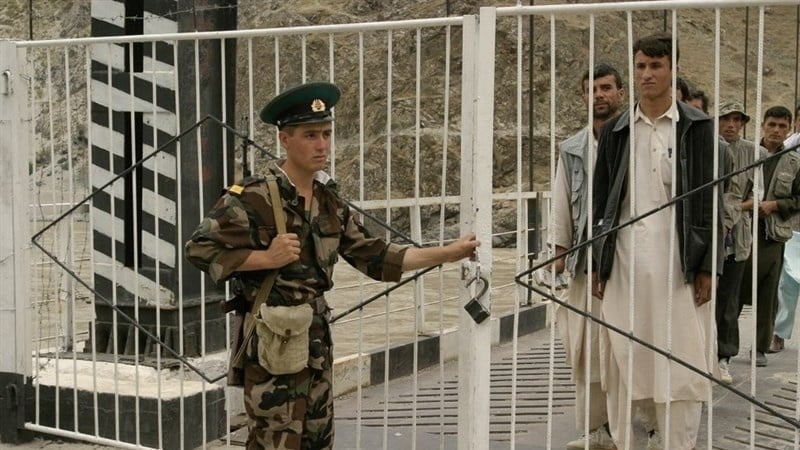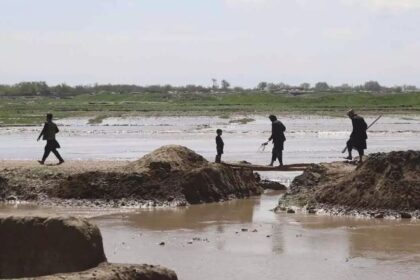RASC News Agency: In a fresh wave of hostility toward Afghanistan’s displaced population, the Government of Tajikistan has launched a new round of forced deportations targeting Afghanistan nationals, including individuals with valid residency permits and legal travel documentation. The move, confirmed by the Taliban-controlled Ministry of Refugees and Repatriation, has sparked serious concerns about violations of international law and the growing vulnerability of Afghanistan’s migrant communities in the region. According to a statement published on June 1 by the ministry’s official website, at least 50 Afghanistan citizens were forcibly repatriated from Tajikistan through the Sher Khan Bandar crossing in northern Kunduz province between May 28 and 29. Startlingly, of those expelled, 36 held valid Tajik residence documents, while 12 others were in possession of legitimate passports and visas. Tajik authorities have not provided any explanation for the deportations, raising serious questions about due process and the legality of the removals.
The development underscores a deepening regional crackdown on displaced Afghanistanis, many of whom fled to neighboring countries in the wake of the Taliban’s return to power in 2021. Once a safe haven, Tajikistan has increasingly followed the lead of other Central and South Asian countries that have tightened restrictions on Afghanistan refugees, often under the pretext of national security or migration control. According to previous reports by the United Nations, the number of Afghanistan nationals residing in Tajikistan had reached nearly 10,000 by the end of 2023. Most of them had escaped Taliban persecution, the collapse of women’s rights, and the broader suppression of civil liberties that followed the fall of the Republic. These deportations, particularly involving individuals with legal status, represent a stark violation of international refugee and human rights law, which explicitly prohibits the forcible return of individuals to countries where they face a credible risk of harm.
Ironically, the Taliban’s Ministry of Refugees part of a regime that itself bears responsibility for mass displacement has appealed to the international community to intervene. In its statement, the ministry called on global institutions to pressure Tajikistan to halt such expulsions and to respect its obligations under international agreements. However, the Taliban’s appeal has drawn widespread skepticism from observers and rights groups, who note the regime’s own abysmal human rights record and its brutal repression of dissent, women, and ethnic minorities within Afghanistan. “The Taliban are asking the world to protect Afghanistan refugees while they continue to persecute the very people who have been forced to flee,” said one regional analyst based in Dushanbe. “It is the height of hypocrisy.”
While international human rights organizations have yet to issue a formal response, the silence is becoming increasingly untenable as the humanitarian crisis escalates. Advocates warn that without coordinated international pressure, Afghanistan’s migrants and asylum seekers will continue to face rising risks not only from hostile host countries, but also from the neglect and manipulation of a Taliban regime eager to use their plight for political gain. The incident highlights the broader failure of the Taliban to provide protection, security, or diplomatic support for the millions of Afghanistanis now living in exile. Stripped of their rights at home and unwanted abroad, these displaced communities find themselves in an expanding vacuum of protection trapped between international indifference and the cruelty of the regime they fled.






